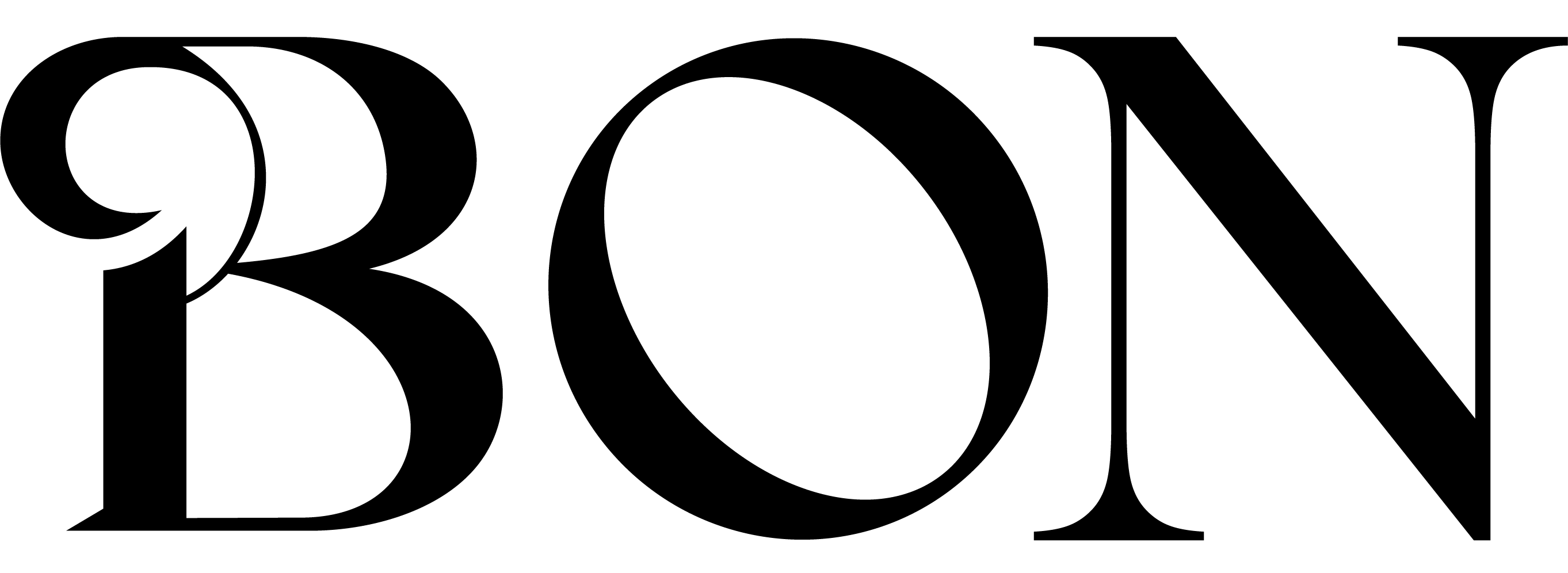The year 2023 is showing the staying power of NFTs, with marquee drops selling out on Instagram and major film festivals selling VIP passes as NFTs. The NFT frenzy of 2021 brought this digital asset class into the mainstream, and NFT use cases now span various industries and real-life applications beyond pure financial speculation. Let’s discuss the Future of NFT.
Early signs of optimism in 2023 suggest that there is a new opportunity for leaders in the space to build better infrastructure to support these digital assets and pave the way for increased utility and adoption. OpenSea, for example, processed over US$320 million in Ethereum NFT trades by late January.
The underlying technology of NFTs will be a pivotal tool across several industries. For instance, NFTs can be used to track goods as they move throughout the supply chain, offering a verifiable record and reducing the risk of fraud and counterfeiting. Additionally, NFT use cases are already being explored in real estate, providing digital, verifiable, and immutable records of ownership.
In gaming, NFTs are already providing tradeable ownership of in-game assets, while in the metaverse, users will be able to buy NFTs linked to real-world items. By 2027, the in-game NFTs space is projected to grow into a US$15 billion market. An array of clothing brands are now employing NFTs to create exclusive, interactive experiences for their customers, and luxury labels like Gucci, Louis Vuitton, and Givenchy are embracing the metaverse and offering digital twins through NFTs. Fashion NFTs have sold for a whopping US$245 million.
The future of NFT will transform the way business in other sectors is conducted. For example, the US$1.1 trillion-dollar concert ticketing industry is seeking new ways to ensure fans have legitimate access to events, and blockchain technology offers a transparent marketplace where tickets can be distributed as NFTs. Additionally, NFTs’ proof-of-ownership capability could end fraudulent ticket sales for good.
NFTs also create new revenue streams for artists and creators looking to foster a relationship with fans. Beyond real-life concerts and galleries, those participating in the creator economy can showcase their work on popular NFT marketplaces and notify their community members each time there is a drop. In this way, creators can connect with new audiences and distribute limited-edition collectibles.
The nuts and bolts of NFT technology itself are also evolving. While still in the early stages, NFTs are being used to represent digital identity, enabling users to prove who they are in Web3. Soulbound tokens (SBTs) are a new, non-transferable NFT asset class that can serve as a Web3 user identity. In addition to decentralized identities, SBT use cases span across decentralized finance (DeFi), gaming, community engagement, and user authentication.



